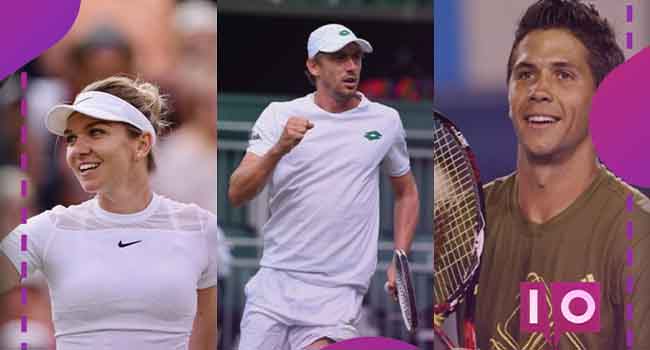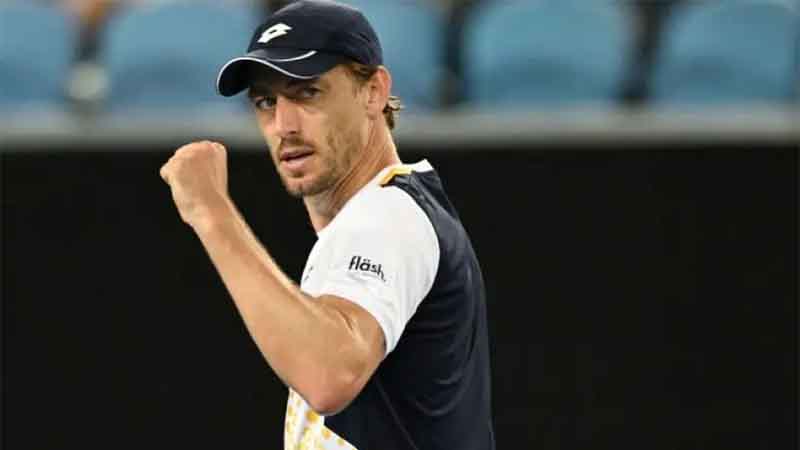According to John Millman, he does not truly support Therapeutic Use Exemption (TUE) in sports since he believes it allows athletes to engage in “legal doping.” Fernando Verdasco was given a two-month suspension by the ITIA this week due to a prescription error for ADHD. Verdasco, who was given a prescription for medicine after his doctor diagnosed him with ADHD, neglected to renew his TUE because his sample from earlier this year included methylphenidate.
The Verdasco revelation attracted a lot of interest in the tennis world since some said that many players take drugs to assist them focus and concentrate better during matches while feigning to have ADHD. Millman appeared to admit that some players exploit the TUE rule to get “legal doping” in response to the Verdasco revelation.

Simona Halep could have easily requested a TUE if she wanted to improve her performance, according to Millman, who also noted that this is why he believes Halep is innocent. “In general, I find TUEs in professional sports to be very undesirable. opens up far too many opportunities for “legal doping”; this is unfortunate for those who have genuine needs, as is likely the case in this instance.
But it’s well known that obtaining a TUE is necessary if you wish to use drugs. This is another evidence for why I believe Simona Halep is innocent. She only needed to follow a TUE course if she actually intended to use a chemical to improve her performance. She is innocent, in my opinion, and I hope she appears in court soon. Added Millman on Twitter.
In the meanwhile, the ITIA cut Verdasco’s suspension in half, from two years to just two months, after determining that the Spaniard “did not intend to cheat.” The ban for Verdasco expires on January 8. The ITIA agrees that the player’s infringement was unintended and accidental, that he bears no significant fault or negligence for it, and that he did not aim to cheat.
The TADP provides for the appropriate time of ineligibility in this situation to be shortened from two years to two months based on the player’s level of fault. When the accusation was made known to the athlete, he willingly agreed to a temporary ban. The player’s two-month suspension began on the day of his voluntary provisional suspension and will end on January 8, 2023, according to the ITIA.

